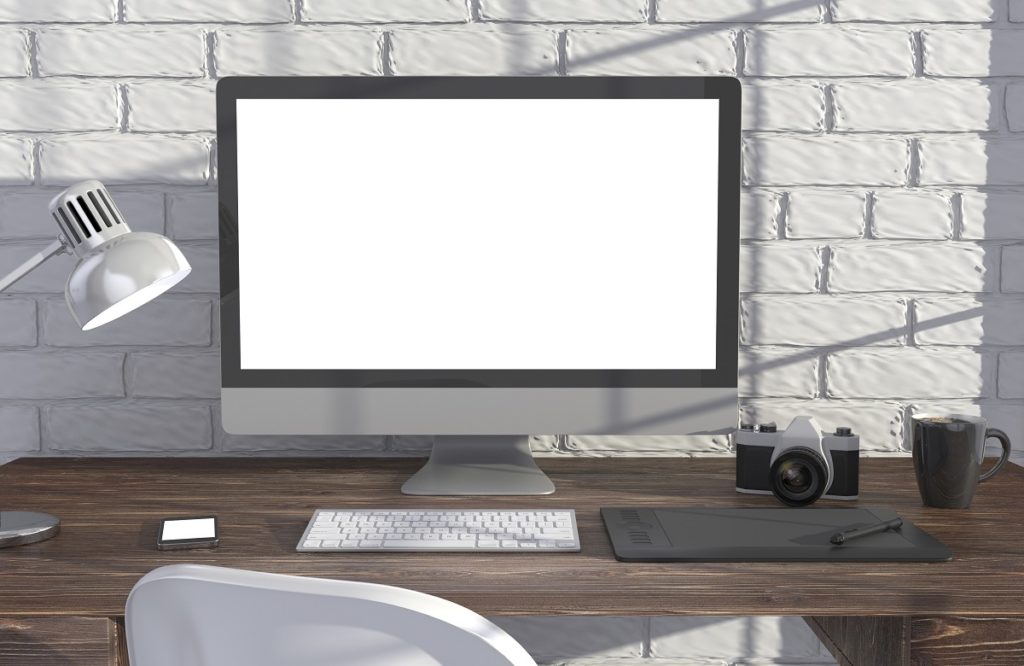Many people only require a pen and piece of paper to jot down important information like phone numbers, messages, and upcoming appointments. Some of you might even have a calendar hanging on your kitchen wall, filled with notes, to-dos, and reminders in an attempt to make your lives more organized. And it usually works, for the most part.
It’s not that easy for other people, however. Some people, like those who work in medicine and finance, deal with a lot of data and disorganization. Appointments, deadlines, and meetings are a normal part of their everyday life, not to mention all the people they have to meet and keep track of. That’s why many professionals rely on personal digital assistants, more commonly known as handheld PCs, to keep their lives in order.
Handheld PCs are often used to store data like the phone numbers and addresses of valuable contacts. You can also make calls, view work documents, send emails, and check your calendar while on the go. PDA repair is an absolute breeze as well.
With a dizzying array of models, upgrades, and accessories on the market, shopping for a new handheld PC can seem like a daunting task. Selecting one is not that difficult, however, if you do your homework.
1. Why do you need one
Assess your work habits and requirements and try to see how a handheld PC would make your life easier. Do you frequently read documents and other reference information? Is ease of use an issue for you? Do you have to check your schedule or reply to emails often?

Do you want a device you can carry with you everywhere you go? One of the main advantages of a handheld PC is it is lighter and smaller than a regular laptop. And it is not a problem if the battery runs out while you are out of the office. Most handheld devices can be charged with a portable power bank. If you need to share data on the go, you can easily access the Internet as long as you have a signal.
2. Which OS should I use
With Microsoft exiting the handheld device market, most consumers only have Apple and Google to choose from when deciding what OS platform to use. The two main players in the market are iOS and Android. While there are smaller systems out there, support is limited, and very few brands use it for their devices.
Both operating systems have the same basic functionality. The differences lie in the hardware and app ecosystem. If you want an iOS device, you can only choose from the models sold by Apple. Meanwhile, there are dozens of Android devices at practically every price point. The apps you use can also factor into your decision. If you have to use a proprietary app that is limited to one OS, then the decision has probably been made for you.
Unlike smartphones, handheld PCs are geared towards corporate use, which is why you should choose stability over novelty every single time. Technology is evolving at a rapid pace, but that does not mean you should replace your handheld every time a new model comes out. Your priority should be choosing a reliable device that will last you a long time.
